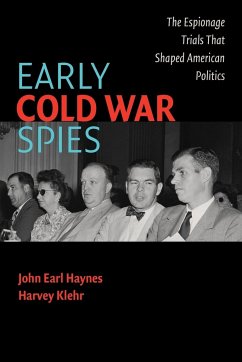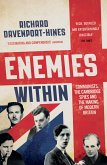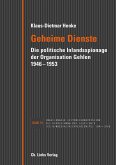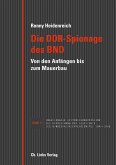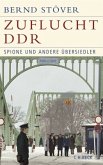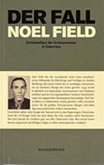Communism was never a popular ideology in America, but the vehemence of American anticommunism varied from passive disdain in the 1920s to fervent hostility in the early years of the Cold War. Nothing so stimulated the white hot anticommunism of the late 1940s and 1950s more than a series of spy trials that revealed that American Communists had co-operated with Soviet espionage against the United States and had assisted in stealing the technical secrets of the atomic bomb as well as penetrating the US State Department, the Treasury Department, and the White House itself. This book, first published in 2006, reviews the major spy cases of the early Cold War (Hiss-Chambers, Rosenberg, Bentley, Gouzenko, Coplon, Amerasia and others) and the often-frustrating clashes between the exacting rules of the American criminal justice system and the requirements of effective counter-espionage.
Hinweis: Dieser Artikel kann nur an eine deutsche Lieferadresse ausgeliefert werden.
Hinweis: Dieser Artikel kann nur an eine deutsche Lieferadresse ausgeliefert werden.
'... very good, both as an introductory text and as an example of the promise that comparative study holds for expanding our understanding of espionage, intelligence, and the political environment in which they are carried out. ... Haynes and Klehr are among the best qualified historians to look at Cold War spy cases.' Studies in Intelligence

